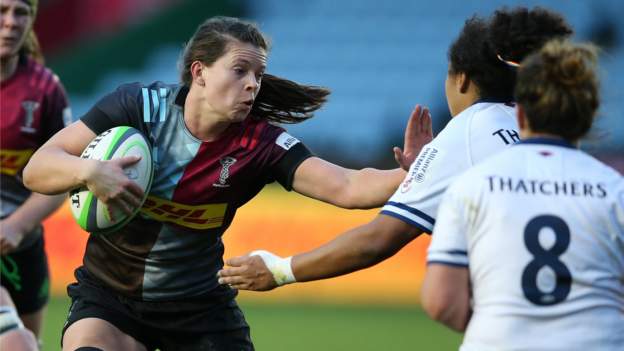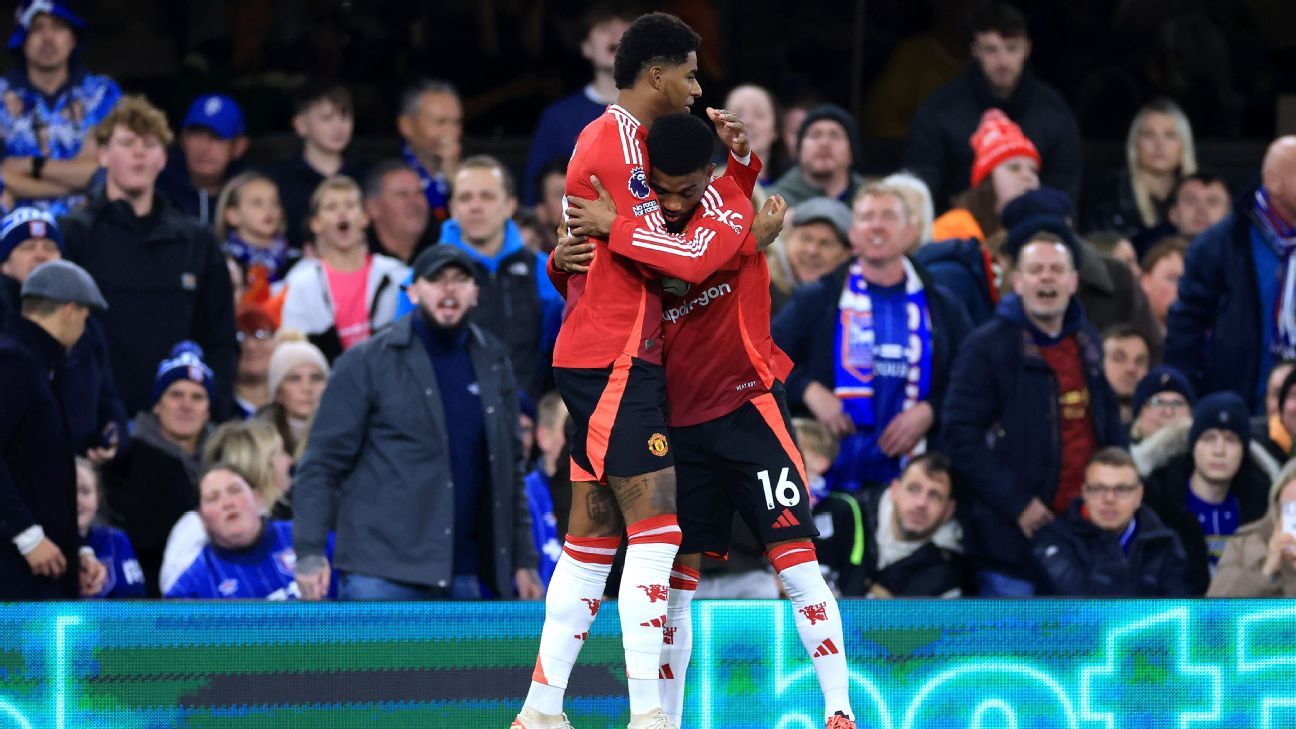
The Premier 15s will keep playing during lockdown under the adapted laws introduced at the start of the season in October.
It was agreed the amended laws - including 35-minute halves to reduce contact - would be reviewed mid-season.
But clubs, along with Rugby Football Union medical staff and performance directors, have decided to retain them.
Despite no player testing and most players being amateur, the league is able to continue as an elite sport.
It allows England's internationals valuable game time ahead of the World Cup in New Zealand in September.
The Premier 15s season calendar was designed with nine weekend breaks to allow matches to be rearranged due to positive coronavirus tests or outbreaks within squads.
"Girls who are potentially future internationals are seeing the women's game continuing to play," said Nicky Ponsford, the RFU's head of women's performance who added that the RFU is as "confident as it can be" the league will be completed this season with the protocols put in place.
Broadcast deal coming
The league is still without a broadcast partner and each match weekend the RFU has streamed one game live with some clubs taking it upon themselves to provide their own broadcast streams.
After just three rounds, the fixtures covered by the RFU claimed to have attracted "nearly a quarter of a million views across YouTube, Facebook and Twitter" and Ponsford is confident a broadcast deal will come next season.
"It's definitely what our commercial team are trying to work towards.
"I think we're fairly hopeful we'll have something in place for next season."
Women's concussion risks
In December it was confirmed a group of male ex-international players filed a negligence claim against the game's authorities after being diagnosed with early onset dementia linked to concussion.
Whilst no female players are yet to join the legal action there have been calls for more research into whether women are more prone to suffering from concussion and links to neck strength.
Ponsford explained the introduction of the Premier 15s league had improved "injury surveillance and education" on the issue.
She added that whilst 'neck strengthening' is not an RFU directive for Premier 15s clubs as part of their training, it is still an important tool for injury prevention: "It is something that has been in place for a number of years within an England programme and as a more general perspective the stronger your neck the more able you are to work in a collision environment.
"It forms part of the overall programming that clubs give to players to make sure they are as best prepared as possible to deal with a contact sport."















 Phone: (800) 737. 6040
Phone: (800) 737. 6040 Fax: (800) 825 5558
Fax: (800) 825 5558 Website:
Website:  Email:
Email: 






